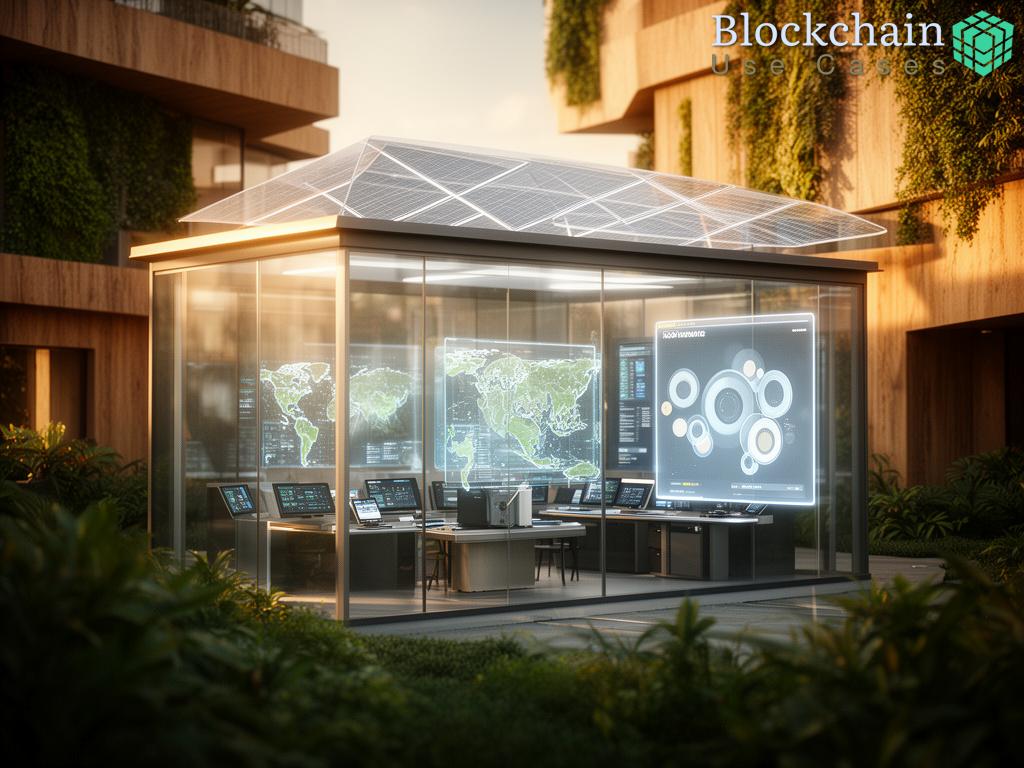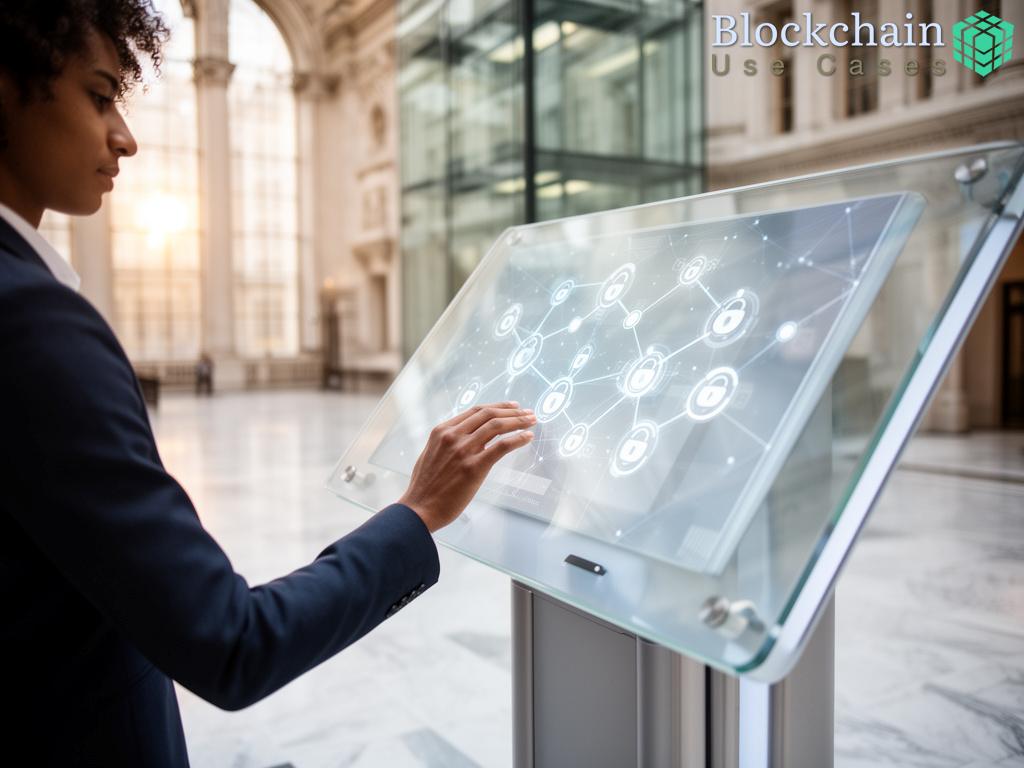Reimagining Judicial Elections with Blockchain
The integrity of judicial elections has been a longstanding concern, plagued by issues such as corruption, manipulation, and lack of transparency. As the demand for fair and trustworthy elections escalates, innovative technologies like blockchain emerge as potential game-changers. By leveraging decentralized systems, we can ensure that every vote is counted accurately, and that the entire electoral process remains tamper-proof.
Key Benefits of Implementing Blockchain in Judicial Elections
Utilizing blockchain technology in judicial elections offers numerous advantages that can address the existing problems faced by traditional voting systems. Here are some of the most compelling reasons for adopting this technology:
- Enhanced Transparency: Every transaction on a blockchain is recorded in a public ledger, making it impossible to alter or delete votes once they have been cast.
- Increased Security: The decentralized nature of blockchain means that there is no single point of failure, reducing the risk of hacking and fraud.
- Voter Privacy: Blockchain can provide a secure way to ensure voter anonymity while still verifying their identity through cryptographic methods.
- Auditability: With each vote being digitally recorded, independent audits can be performed easily to verify the integrity of the electoral process.
The Path Forward: Implementation and Challenges
While the benefits of blockchain in judicial elections are clear, the path to implementation is not without its challenges. Stakeholders must navigate regulatory hurdles, technological infrastructure limitations, and the need for public education on how blockchain works. However, with careful planning and collaboration among governments, tech companies, and civic organizations, these obstacles can be overcome. The transition to a blockchain-based electoral system represents a transformative step towards ensuring that justice is served through truly democratic processes.





